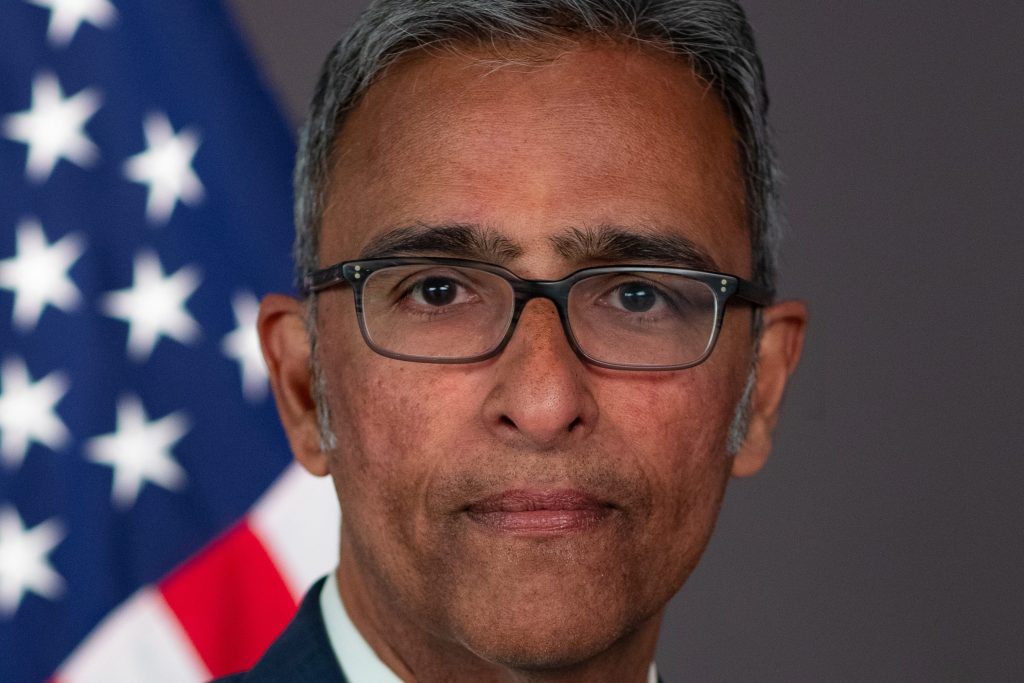David Paul Hodgson and companies in court – February 15, 2024
Proceedings against David Paul Hodgson, MacroLend Pty Ltd and Great Southland Limited have commenced in the Federal Court over alleged unlicensed financial services and misrepresentations to investors.
Allegedly, since at least January 5, 2015, MacroLend was unlicensed when it raised over A$47.4m ($31m) from 169 investors.
Investors were also told that Kradle Software held intangible assets of A$1.02 billion – but the recorded intangible assets were in fact only A$11,180 ($7,294).
Great Southland, a Belize (Central American) registered entity, has also allegedly been operating unlawfully in Australia whilst being unregistered and without a financial services licence – and obtained over A$60m ($39m) from 89 investors where 46 were Australians.
Hodgson was earlier banned in 2015 from providing financial services for two years after failures to ensure that Exalt Global Funds Limited (where he was director) complied with its obligations as a Responsible Entity.
With these actions, ASIC seeks declarations and injunctions against all defendants, and an order to disqualify Hodgson from managing corporations for a period to be set by the Court.
Former director guilty of dishonestly using investor funds – February 13, 2024
Russell Sandiford, the former director of Reiwa-Capital, has pleaded guilty to two counts of dishonest conduct breaching sections 1041G and 1311 of the Corporations Act.
Between January 2020 and June 2022, Sandiford obtained A$440,909.71 ($285,947) from 74 clients – who believed that the funds would be invested for trading – but were mainly used to cover his personal expenses. He also did not hold a license to provide financial product advice at the time of the offence.
Clients were mainly contacted with an old work email, and were offered participation in a ‘hedge fund’ and an ‘income fund’.
The funds were sent into different bank accounts to Sandiford, and only A$6,316.68 ($4,098) of the total sum was paid back to investors.
The maximum penalty for this dishonest conduct is 15 years imprisonment or the greater of A$945,000 ($613,022) or a fine of three times the total value of the benefits, or both.
Yanchep financial adviser permanently banned – February 13, 2024
The Yanchep-based financial adviser Mark Raymond Sebo has been served two orders permanently banning him from performing in a financial service after convictions of fraud.
In September 2023, Sebo was convicted on 36 counts of theft under s378 of the Criminal Code WA, which included stealing from client’s superannuation funds.
Besides a total of five years imprisonment, Sebo has also been banned permanently from:
- providing any financial services;
- performing in or controlling an entity involved in a financial services business; and
- engaging in, or performing any function within the credit industry; and
- or controlling another person who engages in credit activities.
ASIC news week 7
Research
More Australian Gen Z women, compared to Gen Z men, are likely to be stressed and concerned about finances (87% to 77%), a report by ASIC’s Moneysmart reveals. When comparing the genders, the research showed that Gen Z women are:
- more likely to feel overwhelmed by finances (57% – 41%);
- less likely to research ways to grow their wealth (14% – 21%);
- more likely than to have no personal savings (11% – 4%); and
- more likely to use buy-now-pay-later services (32% – 25%).
“This is an issue further exacerbated by harmful stereotypes about young women and money, perpetuating a cycle of financial anxiety and insecurity among women. It’s an issue we need to tackle, because the emerging picture is bleak: The financial decisions young women make today will compound across their lifetimes,” said ASIC’s Acting Senior Executive Leader of Corporate Finance, Amanda Zeller.
Zeller also voiced the importance of changing the “girl math trend”, a social media meme where spending is rationalised with reasons like ‘a $300 bag will only cost $1 a day when using it every day,’ or ‘this concert ticket is almost free because it’s bought six months ahead’.
“These behaviours aren’t inherent – they can be learnt at any age. That’s why we need to change the equation on girl math in 2024.”
Changes to rules
ASIC has proposed changes to the 2024 Reporting Rules (ASIC Derivative Transaction Rules (Reporting) 2024) and to the Clearing Rules (ASIC Derivative Transaction Rules (Clearing) 2015 ) – and now seeks feedback from reporting entities.
Some of the changes include efforst to simply the exclusion of exchange-traded derivatives and the scope of foreign entity reporting within the 2024 Reporting Rules, and for the Clearing Rules to simplify and align the exclusion of exchange-traded derivatives with the 2024 Reporting Rules.
Most of the proposed changes would commence on October 21, 2024, and some on April 1, 2025. All proposed changes can be seen here, and feedback can be submitted until March 28, 2024.
Speech
On February 15, ASIC Chair Joe Longo gave an opening statement at the Additional Estimates, where he left the Committee with a few observations of the Commission’s latest enforcement actions, which included:
- over 80 investigations in the last quarter, where 19 individuals were charged with criminal offences and 9 secured criminal convictions;
- almost A$60m ($39.2m) in penalties due to the civil enforcement work;
- two infringement notices in relation to greenwashing;
- the first civil penalty action under the internal dispute resolution (IDR) regime was made in November, alleging Telstra Super Pty Ltd for failing to comply with the relevant requirements; and
- Australia’s first court decisions on the application of the financial services law to crypto happened this year when the fintech company Block Earner was found to be requiring a financial licence to offer its crypto-backed fixed yield product.














